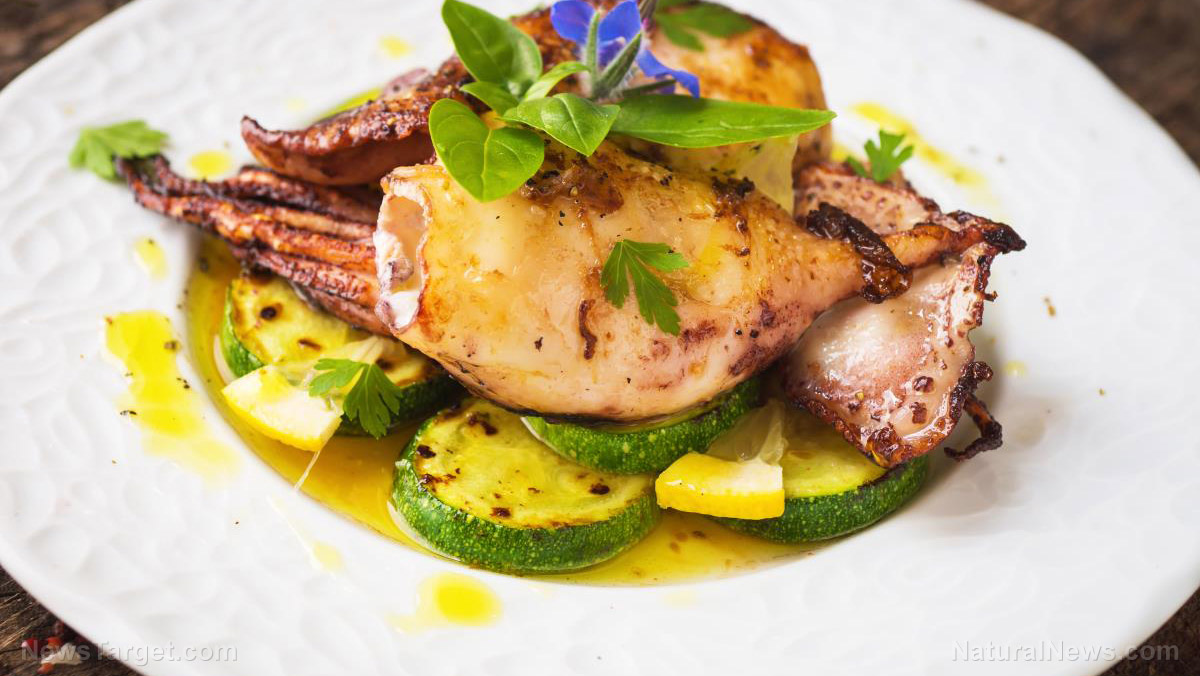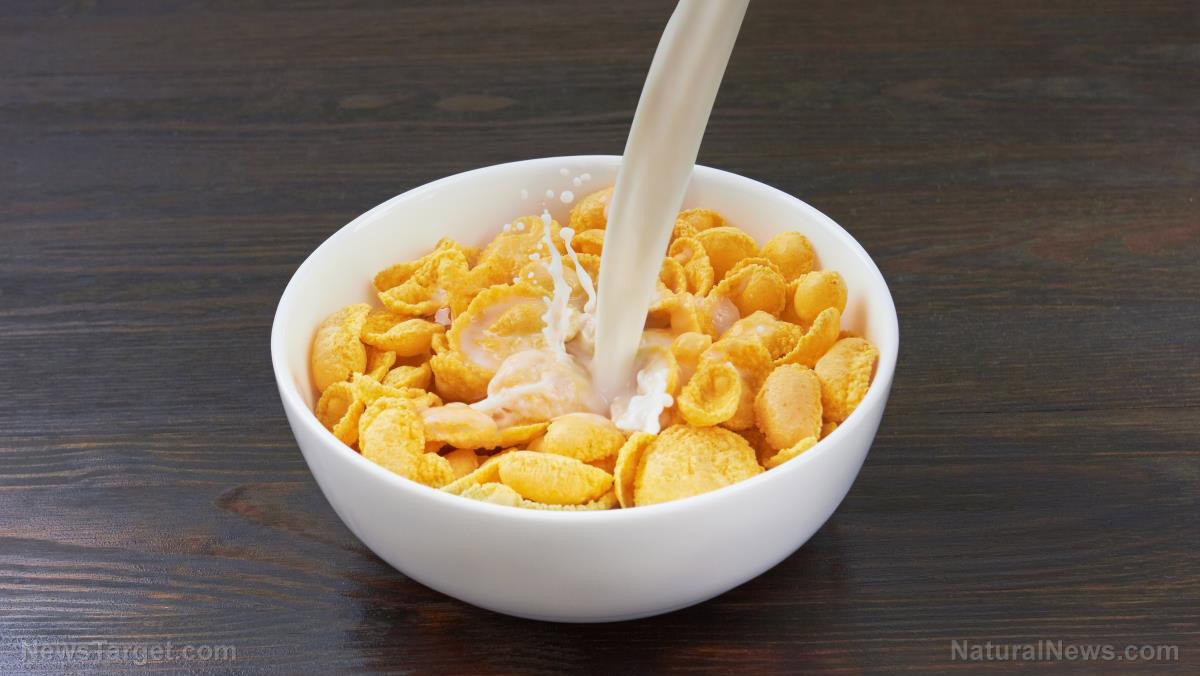 Parler
Parler Gab
Gab
- USDA Moves Toward Vaccination: The USDA is developing a strategy to vaccinate poultry against avian influenza, aiming to finalize plans by July. This comes after outbreaks since 2022 led to the culling of nearly 175 million birds, with egg and turkey producers advocating for vaccines.
- Industry Split Over Trade Risks: Egg and turkey farmers support vaccination to protect flocks, while chicken meat exporters fear trade bans if vaccines mask infections. The National Chicken Council warns inoculations could jeopardize U.S. poultry exports.
- Economic Strain and Proposed Measures: The USDA has spent over $1 billion compensating farmers for culled birds. Egg producers propose vaccinating chicks with boosters and frequent testing, but stress culling infected flocks remains critical to maintain trade trust.
- High-Stakes Deadline: The USDA’s July decision will test its ability to balance animal health, economic recovery, and global trade concerns. Without consensus, the industry risks prolonged losses, as seen in past outbreaks like 2015.
USDA Considers Poultry Vaccination Plan Amid Bird Flu Crisis, Sparks Industry Debate
The U.S. Department of Agriculture (USDA) is advancing plans to vaccinate poultry against avian influenza for the first time, responding to devastating outbreaks that have led to the culling of nearly 175 million birds since 2022. The move comes after egg and turkey producers, hit hardest by the virus, pushed for vaccine use, while chicken meat exporters warn of trade disruptions. The USDA aims to finalize a strategy by July, balancing disease control with economic concerns in the nation’s worst animal-health emergency. The debate over vaccinating poultry has split the industry since major outbreaks in 2015. Egg and turkey farmers argue vaccines are necessary to protect flocks, while chicken meat producers—who rely heavily on exports—fear trade bans if importing countries suspect vaccines could mask infections. "You need a more complete strategy and plan for them to consider," said Dr. John Clifford, a former USDA chief veterinary officer advising the USA Poultry & Egg Export Council. He warned that broad export bans would devastate chicken meat producers, who have suffered fewer losses than egg and turkey operations. The USDA has spent over $1 billion compensating farmers for culled birds, per the American Veterinary Medical Association. Egg prices surged to record highs this year, prompting rationing and increased imports. In response, the United Egg Producers submitted a proposal in January, recommending vaccinating chicks with boosters and frequent flock testing. "We can't continue to operate the way we are today," said Dr. Craig Rowles of egg producer Versova, who helped draft the plan. He emphasized that culling infected flocks would remain critical to reassure trade partners. The National Chicken Council, representing meat producers, has cautiously supported vaccination if exports remain unaffected. However, it previously warned that inoculating any poultry could jeopardize all U.S. poultry trade. Glenn Hickman, president of Hickman’s Family Farms, blamed chicken producers for blocking vaccines as his Arizona operations lost 95% of production. "Let me protect my chickens," he said. As the USDA navigates competing interests, its vaccination plan could mark a turning point in managing avian influenza—balancing animal welfare, economic stability, and global trade. The agency’s July deadline will test whether a compromise can satisfy both struggling farmers and wary exporters. Historical outbreaks, like the 2015 crisis, underscore the high stakes: without consensus, the industry risks prolonged losses and market instability. Bookmark Infections.news to get the latest updates about the engineered "bird flu pandemic" and the animal jabs that will make every meat eater incur some all-cause mortality sickness that nobody will be able to "explain." Sources for this article include: Pandemic.news NaturalNews.com SHTFplan.comZucchini: A nutrient-dense superfood gracing modern cuisine
By Laura Harris // Share
Kraft Heinz removes SYNTHETIC DYES from its products, aligning with MAHA initiative
By Olivia Cook // Share
PEG-40 hydrogenated castor oil: The hidden danger in your beauty cabinet
By Zoey Sky // Share
Governments continue to obscure COVID-19 vaccine data amid rising concerns over excess deaths
By patricklewis // Share
Tech giant Microsoft backs EXTINCTION with its support of carbon capture programs
By ramontomeydw // Share
Germany to resume arms exports to Israel despite repeated ceasefire violations
By isabelle // Share










